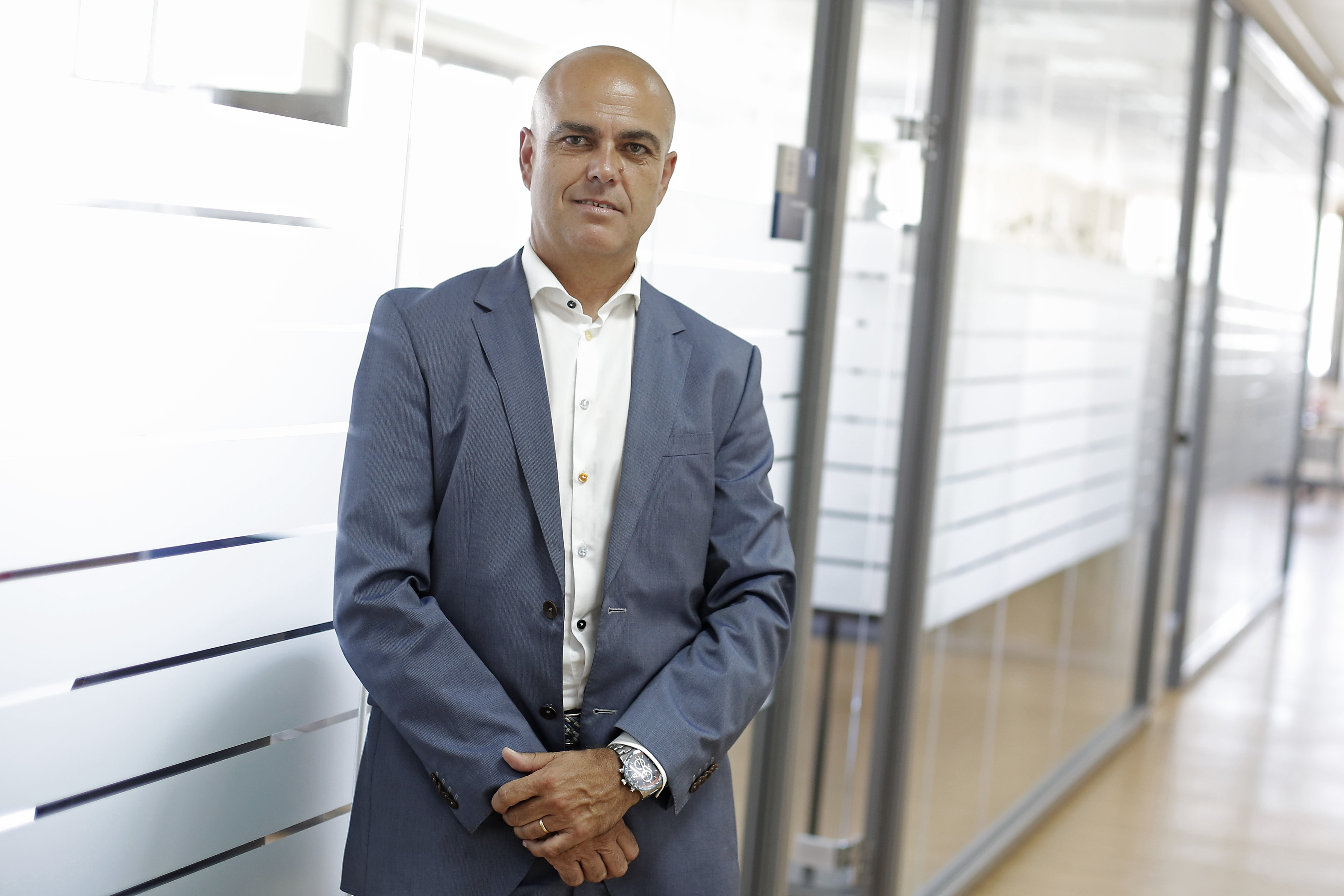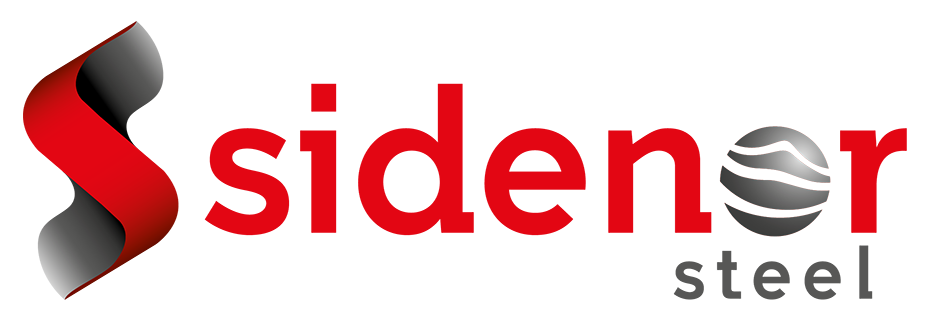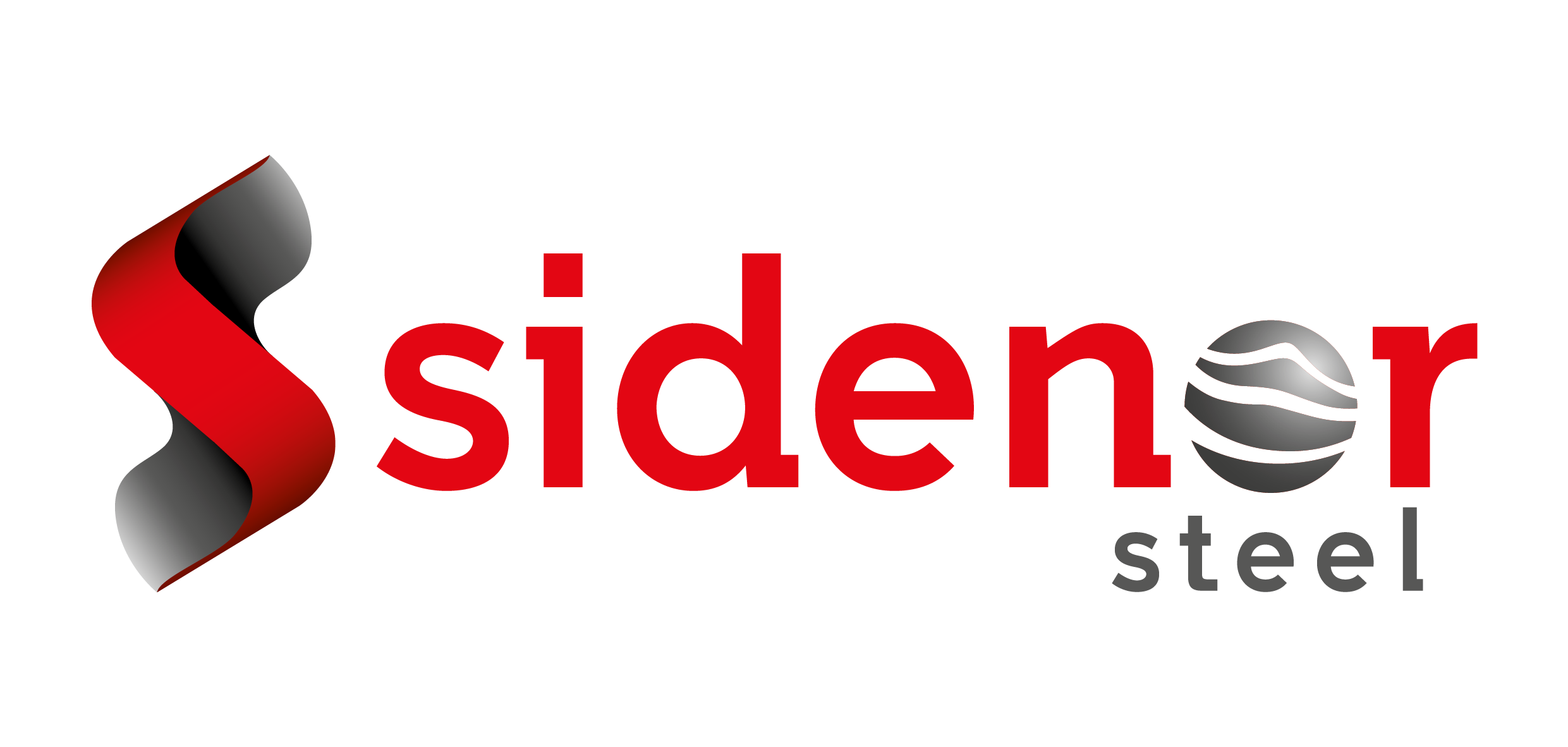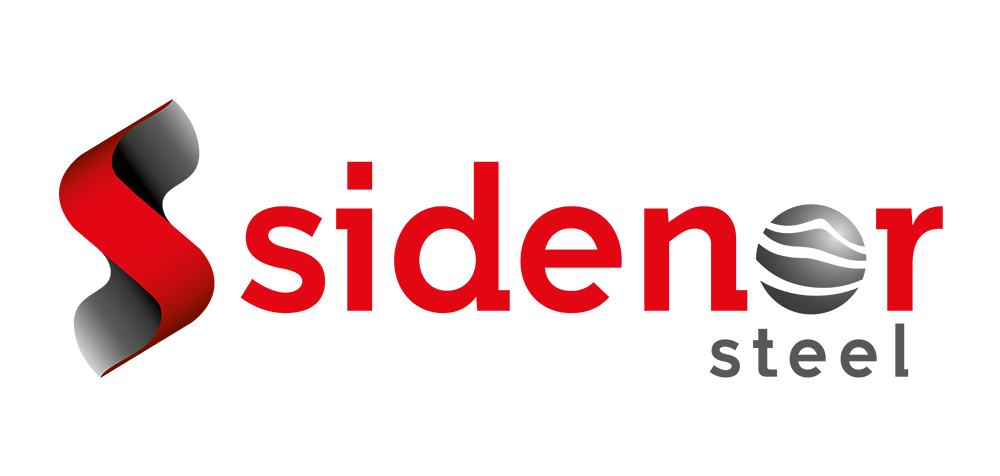
Briefly describe your professional career in Purchase:
Most of my professional career in Sidenor was in the Sales department until, in 2010, I had the opportunity to join the Purchase department. It was, as I say, an opportunity as well as a challenge, as it was about leading the management of this department.
It must be borne in mind that Sidenor, at that time, was part of a multinational group; the first step was therefore to align our Purchase department with global management. We thus achieved a global strategy to carry out the purchases of the entire company. From there, we took charge, among other issues, of the purchase strategy of the Indian factory.
After a group of executives acquired Sidenor in 2016, our Purchase department carried out a new strategy to focus our services in Sidenor factories.
How do you define yourself as a buyer?
With responsibility, since it is essential to find the balance between customer satisfaction and product delivery with the quality committed within the agreed time, and the cost, which is not only the price but the TCO concept.
Our philosophy is to work directly with the supplier, make him participate from the first minute and thus closely collaborate to seek continuous improvement and mutual benefit. In fact, we have already carried out three-way initiatives with customers and suppliers, with excellent results in both service and cost.
As for the organization of Sidenor, what is the place of Purchase in the line of command? Is it a strategic function?
The Purchase department is represented in the highest body of the company, the Operations Committee, where the strategic projects are decided.
It is also a cross-sectional department, since it collaborates with other departments of the company and is part of different work groups where the purchase criterion is essential.
Has the purchasing function changed the way you work with suppliers? How does technological innovation contribute to the purchasing function?
Technological innovation and digitization are a reality which has come to stay and, from the Purchase department of Sidenor, we are implementing a new digital service that will involve improving and optimizing information, and doing it more efficiently and with greater control.
Likewise, digitization will also serve to improve the company’s corporate and social responsibility (CSR), as we seek the commitment of our suppliers to the Sustainable Development Goals.
Is it necessary to give a boost to a specific training for purchasing professionals?
Yes, clearly, it is essential to boost specific training for purchasing professionals. In fact, there is already a specific training, such as the ad hoc modules offered by the Spanish Association of Purchasing, Contracting and Procurement Professionals (AERCE).
In addition to training, I believe it is essential for purchasing professionals to have an in-depth knowledge of the entire production system as only then they will have the possibility to bring more added value by being able to detect possible aspects to improve, which result in a greater productivity and, thus, competitiveness of the company.
As for your daily work, what are the most important purchase management functions at Sidenor?
Sidenor’s purchase management has two clearly different parts: one in the short term and one in the medium term. The short-term part is the day-to-day of the company, for which the Purchase department has to carry out all the arrangements with the suppliers, so that the company has all the necessary supplies that guarantee the operation of the entire production process. This activity must always be carried out, as I said before, with a constant search for improvements in products or services that result in greater competitiveness.
The second part of Sidenor’s purchase management is in the medium term; it deals with the investments the company is performing and will continue to make in the future. In this context, the Purchase department works closely with other departments of the company so that the suppliers that provide greater competitiveness, quality and services, among other aspects, are the ones who work with us on our investment plan.
What are the latest challenges or changes that your department has been dealing with?
We are currently immersed in various ambitious company projects, such as digital transformation, the investment plan and circular economy.
Regarding digital transformation, we are working on a new platform for suppliers in order to further improve our relationship with them and optimize the Purchase department processes.
As for the investment plan, the involvement of the Purchase department is intense and strategic for our department, since we are participating in the definition of what the company will be in the future.
Regarding circular economy, our department is also committed, like the entire organization, to the respect for the environment and surroundings, which is why our efforts are focused on reducing consumption to the maximum while, in parallel, valorizing and reusing more and more.
How does the Purchase department participate in the company’s CSR policies?
The participation of the Purchase department in the company’s CSR is very active, as we require both the suppliers we work with today and the companies with which we start a collaborative relationship to strictly fulfill social commitments related to the eradication of child labor and forced or compulsory labor, health and safety at work, respect for the environment, fair competition and honesty.
In addition, our objective is that the suppliers we work with also require their own suppliers to comply with these criteria and, thus, achieve a network of suppliers committed to CSR.
Finally, how do you see the profession in the future in the medium and long term?
I anticipate that the purchasing profession in the medium and long term will have an increasing weight within organizations as, after the last crises we have experienced, the importance of having a good purchase management in companies has become clear, which has allowed to adjust costs, seek alternatives and improve competitiveness at times where it was even more necessary.
Therefore, the future of purchase should imply being present in the strategic areas of the companies. In this way, the purchase department’s vision will imply an added value to the analyses that are carried out by other departments of the company in order to, among all, make strategic decisions which will shape the future of the companies.
To be issued soon, the original interview on the page of the Spanish
Association of Purchasing, Contracting and Procurement Professionals (AERCE): https://www.linkedin.com/company/aerce/



